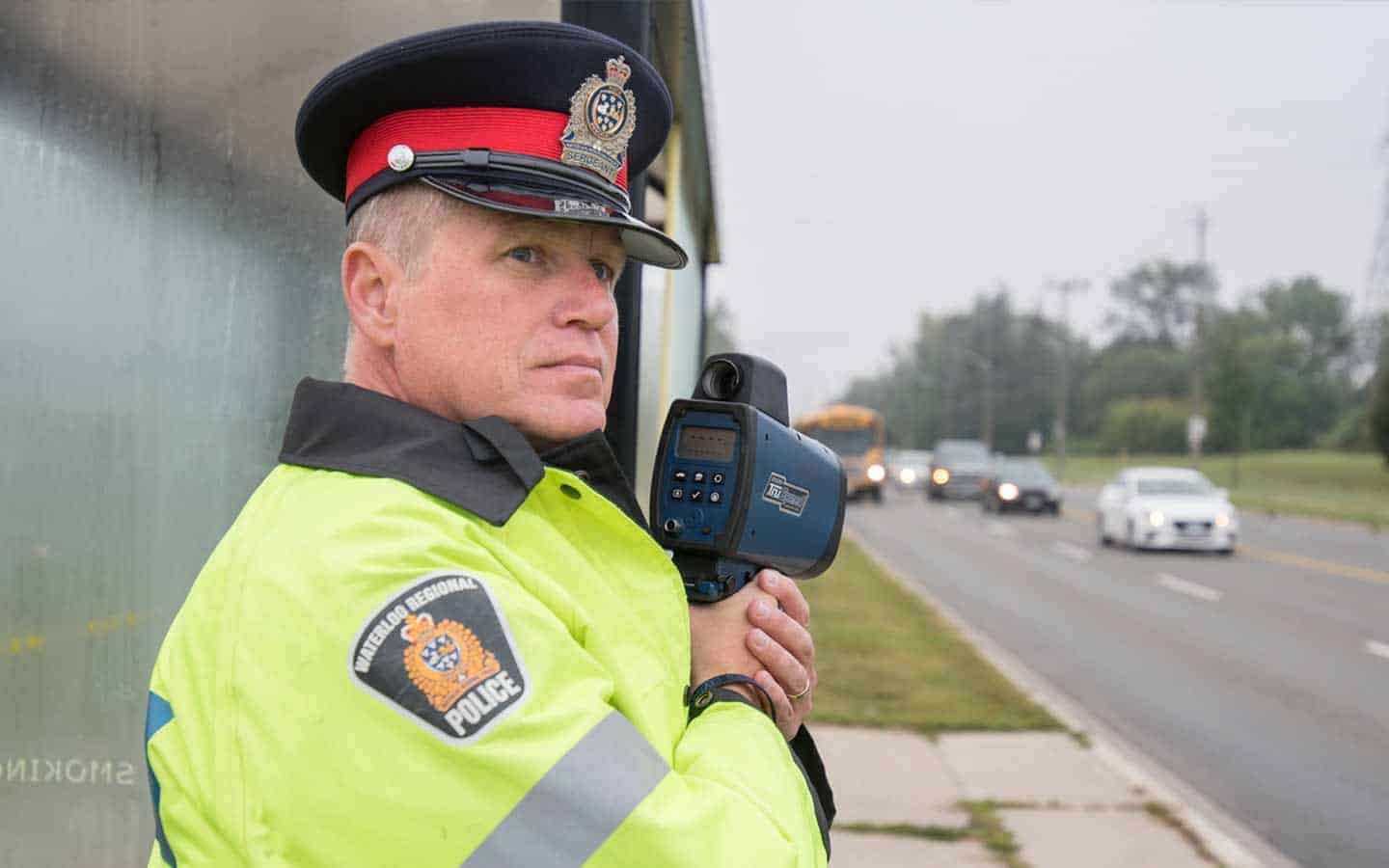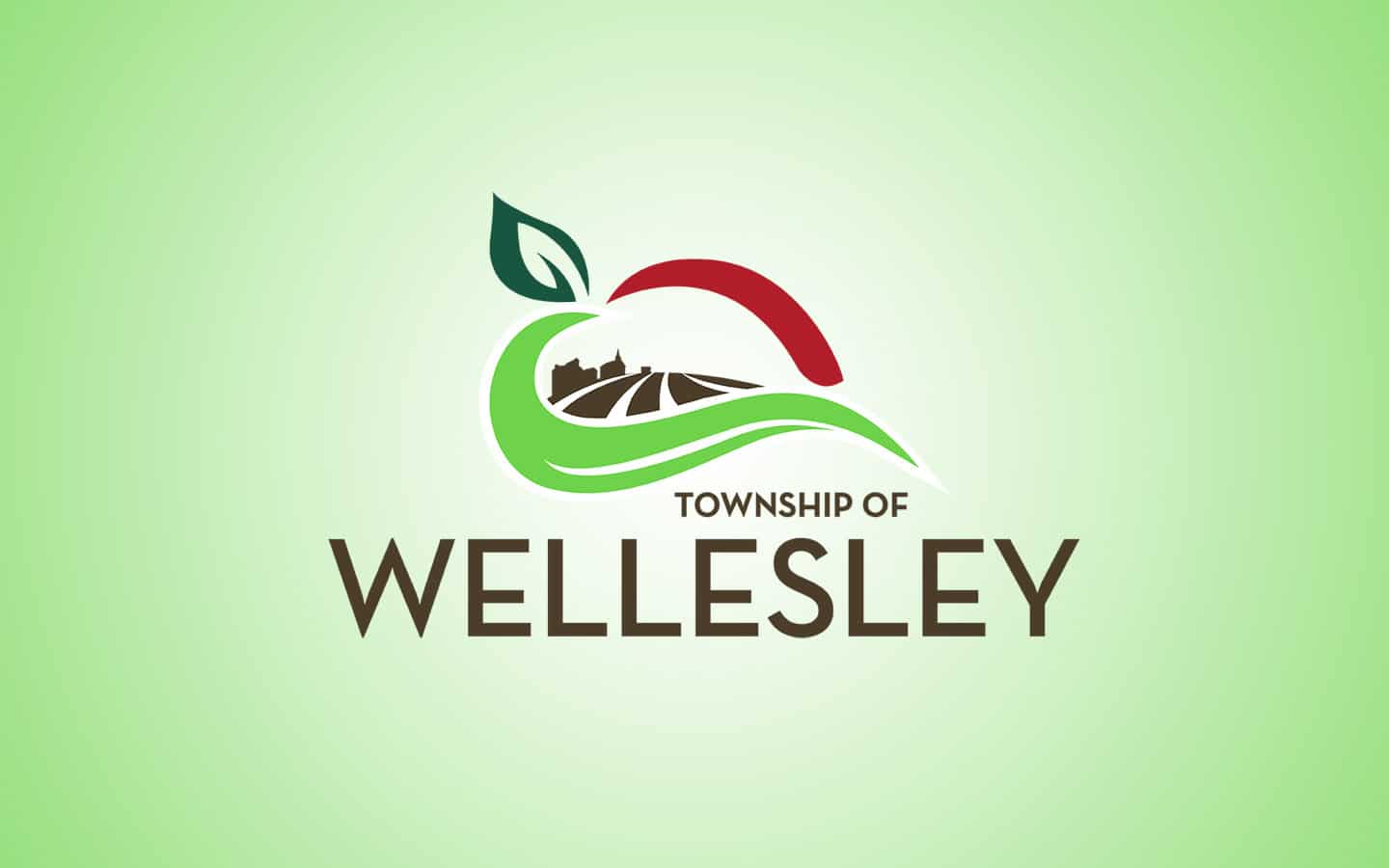;
;
;

Ratepayers across Wellesley face a small fee increase in each of the next five years to cover the cost of an inspection program that evaluates the health of private septic systems in St. Clements and Linwood, the township deciding protecting drinking water was a common good. Exploring a number of op
Last updated on May 03, 23
Posted on Dec 19, 19
2 min read
